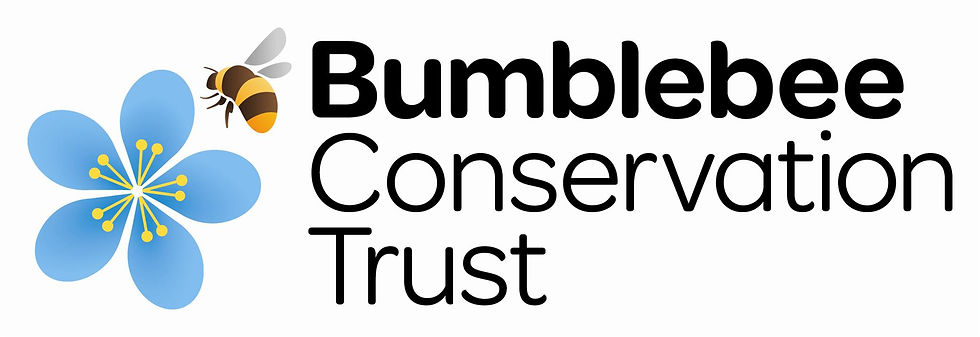- BEES

- Nov 14, 2020
- 2 min read

Hello everyone,
We hope you are all keeping safe and well, and staying positive in these trying times. Hopefully we can brighten up your day a little with some good news about our BEE a Nature Guide training course!
Since we last posted a progress update at the end of August, we have been working hard to adapt the course programme in response to COVID-19, so that we can still deliver a high quality nature guide training course whilst making sure everyone remains safe and healthy.
In order to ensure your safety as well as the safety of our staff, we have restructured the course programme to remove all indoor face-to-face sessions. Most of our subjects will now consist of an outdoor guided walk, generally a half day every other Saturday, combining practical and theoretical components, followed by an online session covering the rest of the theory. A small number of the subjects will be online only. Additional learning resources and support will be made available to you through our new online learning platform.
Now that we have finalised the format of the Course, we are pleased to be officially accepting bookings and payments! Those of you that have previously registered an interest in the Course on our website will have received an email with further information, including our COVID-19 policy and risk assessment, which can be viewed here, detailing the measures we have put in place to keep you and our staff safe.
We are all very excited to finally be able to launch the first BEE a Nature Guide Courses! Initially run in two counties, Suffolk and Norfolk. The Suffolk course programme is scheduled to start on 16/01/2021, the Norfolk course programme on 30/01/2021.

You can read more about the Course and sign up here.
Please share this post with your friends, relatives, colleagues, or anyone you feel may be interested in learning more about nature and joining us.
We look forward to meeting you soon!
Anneloes, Lee, David and the BEES team



